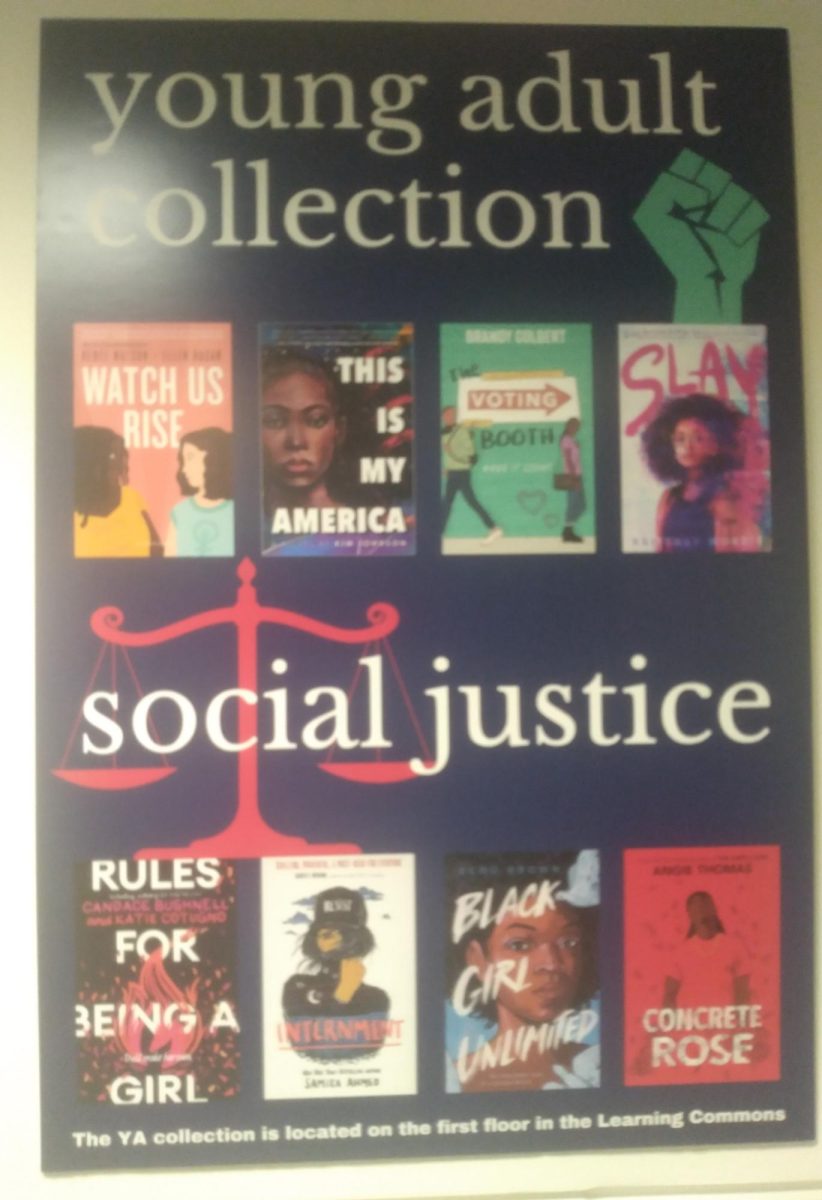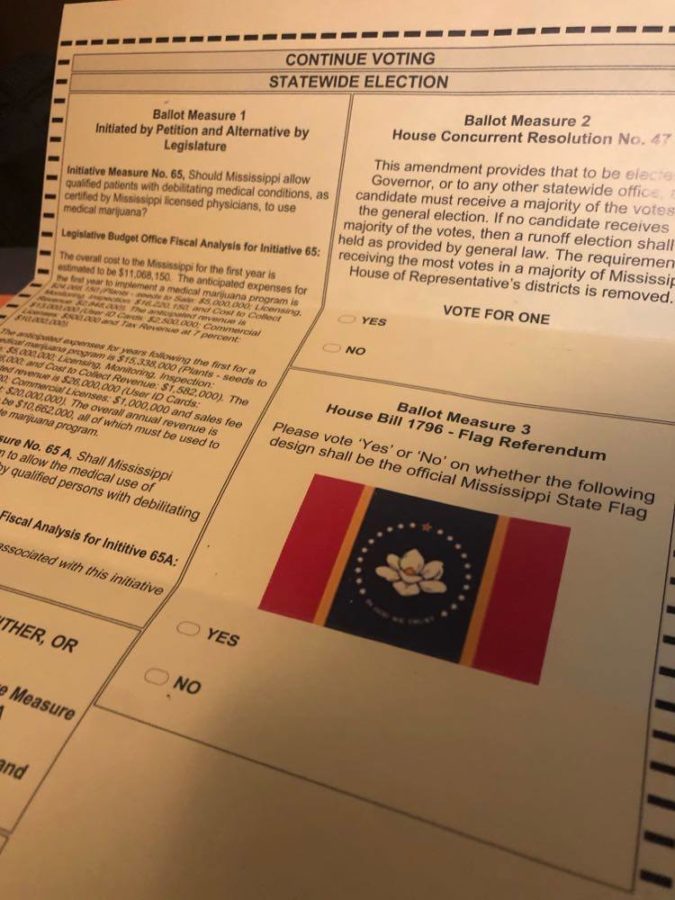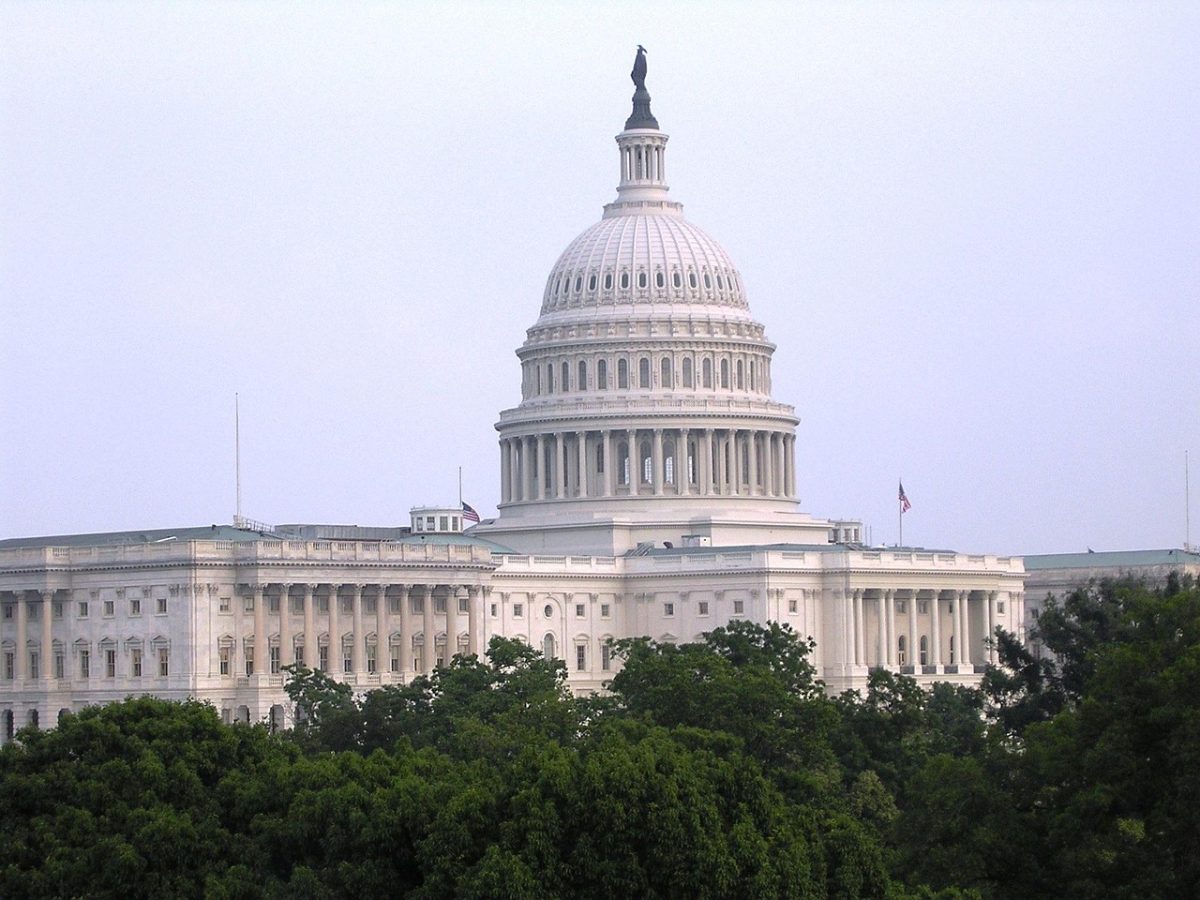How often do you vote? Do you make it to every election, or do you occasionally skip one? You may think twice about missing the next election, though, because Mississippi voters could soon be penalized for failing to exercise their right to vote.
Two bills are currently awaiting consideration on the Mississippi House and Senate floors that would kick inactive voters off statewide registries.
House Bill 4 and Senate Bill 2588 contain similar policy language, but only one bill can be passed into law. Each bill stipulates that registered Mississippi voters who do not vote after four years (or two federal elections) will be removed from voter registries if they fail to return a voter confirmation form sent by election officials.
Lt. Gov. Delbert Hosemann, along with other supporters of S.B. 2588, told reporters at the state capital that this bill is necessary to keep accurate voting rolls in Mississippi.
“I don’t think you need to go further than the last election to see people have questions about that,” Hosemann said.
This law, as well as Hosemann’s statement, allude to the baseless claims of widespread voter fraud present in the Nov. 2020 election, which were largely boosted by former President Donald Trump and his supporters after his defeat.
Mississippi Today reported that the Nov. 2020 election saw an increase of around 8.6% of voters from 2016. Many critics of these proposed bills wonder why the state would punish voters at a time when more Mississippians are empowering their voices than ever before.
One of those critics, Peg Ciraldo, is the president of the Pine Belt League of Women Voters.
“Instead of encouraging people to vote, we’re working on voter purging,” Ciraldo said. “There’s concerns about that.”
Part of her concern is the ulterior motives behind the want for these bills to advance. She believes that many state lawmakers are worried about changes in the state.
“[Lawmakers] are concerned that people are voting in a way they don’t like,” Ciraldo said.
This is evident in the state’s most recent voting history, too. Last November, Mississippi residents voted to abolish a Jim Crow-era state election law that was known to limit opportunities for black politicians to reach statewide office. As of writing, said law is still in effect.
Ciraldo also said that state lawmakers pushed back against calls for a new state flag despite voting a new one into effect.The previous flag, which is still the preferred one for many state Republican lawmakers, featured the racist Confederate battle emblem.
Ciraldo sees these bills as nothing more than a tool of voter suppression aimed to keep select people in power, despite a long, bloody history of racist voter suppression. These bills would also affect college students and lower class residents, as they will have a lot more difficulty finding the time to get to polls and, if taken off the registry, re-register to vote.
It’s worth noting that, according to statistics from the Pew Research Center, lower-income voters tend to be black. The political divide between Republicans and Democrats in Mississippi also mirrors the state’s racial split at 60% and 37% respectively. And, according to Democratic data firm TargetSmart, the majority of those Democrats — 27% — are black.
Ciraldo feels these voting bills are an effort by the majority in the state to effectively silence the minority, and she knows why.
“[Many Republican lawmakers] believe their way is the right way and do not feel comfortable giving everyone the right to vote,” Ciraldo said.
Rather than punish Mississippians for being busy, Ciraldo believes state leaders should be encouraging unity and democracy.
“We need to encourage a democracy,” Ciraldo said. “We don’t have a democracy if we do not encourage everyone to vote. Mississippi is awakening to a new day, where people are getting out to vote. They feel that they have power here. People went out to vote because they felt empowered. They felt that they had something to say, and they made great efforts to get out there.”
Mississippi is changing every day. If voters remained empowered, those in power may finally start to look like those they represent.


























